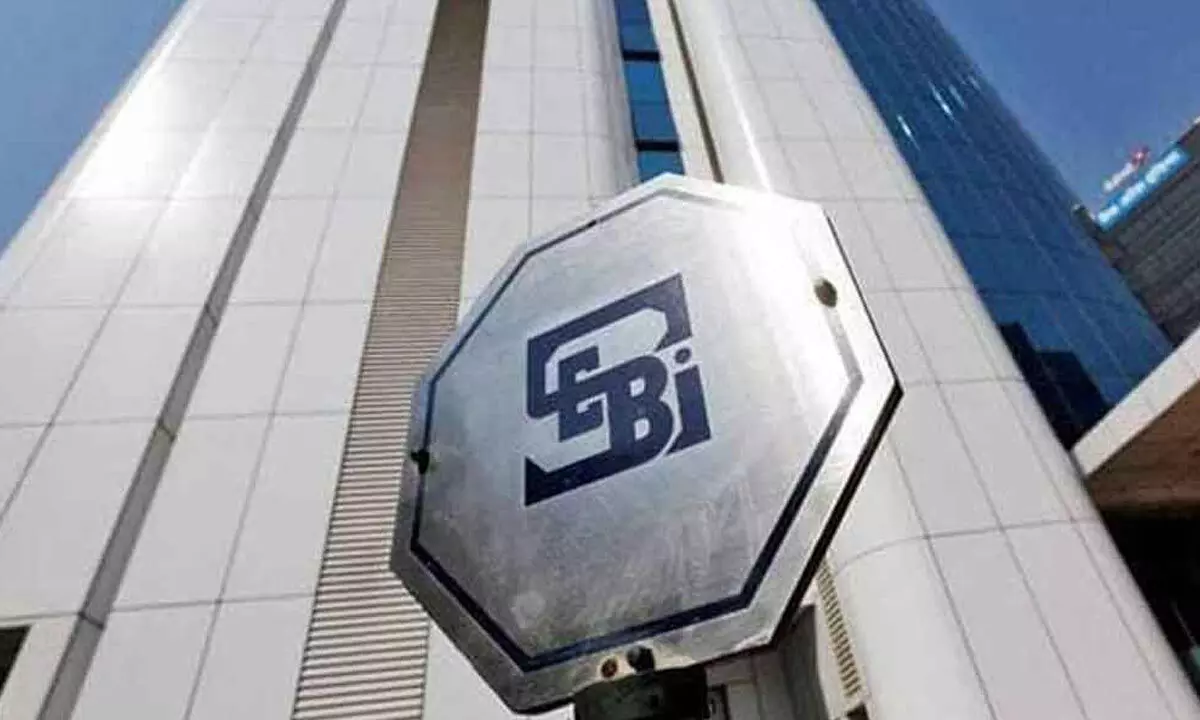Sebi issues guidelines for handling complaints received via SCORES platform
Share :

Capital markets regulator Sebi on Thursday came out with a framework for handling complaints received through SCORES platform for registered entities and for monitoring such grievances by designated bodies.
New Delhi: Capital markets regulator Sebi on Thursday came out with a framework for handling complaints received through SCORES platform for registered entities and for monitoring such grievances by designated bodies.
The new guidelines will come into force from December 4, the Securities and Exchange Board of India (Sebi) said in a circular. SCORES is a grievance redressal system that was launched in June 2011. Investors can lodge their complaints online with Sebi, pertaining to the securities market, against companies, intermediaries and market infrastructure institutions. Under the guidelines, all entities including companies that received complaints of investors through SCORES, will have to resolve them within 21 calendar days of receipt of such grievances. The complaint lodged on SCORES against any entity will be automatically forwarded to the concerned entity through SCORES for resolution and submission of ATR (Action Taken Report). Further, the complaint against the entity will be simultaneously forwarded through SCORES to the relevant designated body.
Designated body for listed companies will be stock exchanges and for mutual funds it will be Association of Mutual Funds in India (AMFI). In case the complainant is satisfied with the resolution provided by the entity or the complainant does not choose to review the complaint, such grievance will be disposed on SCORES. However, if the complainant is not satisfied, the complainant may request for a review of the resolution provided by the entity within 15 calendar days from the date of the ATR. Also, the complainant may seek a second review of the complaint within 15 calendar days from the date of the submission of the ATR by the designated body. Sebi or the designated body may seek clarification on the ATR submitted by the concerned entity. Additionally, the regulator has put in place a provision for imposing penalty on the listed firm that fails to redress investor complaints within the stipulated time.
The designated stock exchange (DSE), which will be the designated body for listed companies, would levy a fine of Rs 1,000 per day per complaint on the listed company. These penalties would also be imposed on companies that are suspended from trading. If the company fails to redress investor complaints or pay the fine within 15 days, then the DSE will issue a notice to the promoters of the listed company to ensure submission of ATRs on pending complaints and payment of fines within 10 days. In case the listed entity fails to comply with the requirement, the DSE will have to forthwith intimate the depositories to freeze the entire shareholding of the promoter in such listed company as well as all other securities held in the demat account of the promoters. In turn, depository(ies) will immediately freeze such demat accounts. "Upon exhaustion of all options... and if the number of pending complaints exceeds 20 or the value involved in such complaints is more than Rs 10 lakh, stock exchanges shall forward all the complaints against such listed companies to Sebi for further action, if any," the regulator said.







